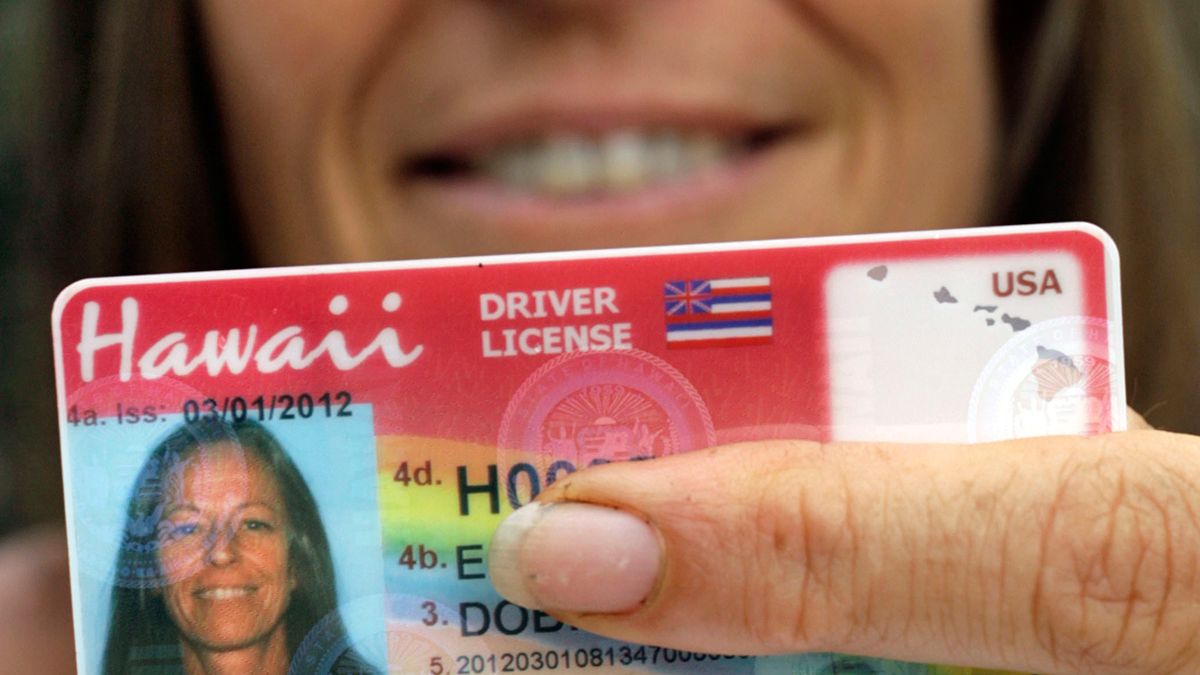When considering higher education, one of the most significant factors that come into play is the cost. This is particularly true for the University of Hawaii, which has gained popularity among students from all over the world. In this article, we will break down the various aspects of the University of Hawaii cost, making it easy for everyone to understand.
Understanding Tuition Fees
Tuition fees are often the first thing people think about when considering the cost of attending a university. At the University of Hawaii, tuition varies depending on whether you are an in-state or out-of-state student. In-state students generally pay lower tuition fees, while out-of-state students can expect to pay significantly more.
Tuition Breakdown
For the academic year, undergraduate tuition for in-state students can be around $12,000 per year, while out-of-state students might face fees close to $34,000. These numbers can fluctuate based on the specific campus you choose, as the University of Hawaii has multiple campuses, including those in Manoa, Hilo, and West Oahu.
Graduate Tuition Costs
Graduate programs typically have different fee structures. For instance, in-state graduate students might pay about $15,000 annually, whereas out-of-state graduate students could see their tuition rise to around $35,000 or more. Each program may have its own unique costs, so it’s essential to check the specifics.
Additional Fees and Expenses
Tuition is just one part of the total cost of attending the University of Hawaii. There are also additional fees and expenses that students should consider.
Mandatory Fees
Mandatory fees may include things like registration fees, student services fees, and technology fees. These can add up to several hundred dollars each semester. It’s vital to be aware of these additional costs so you can budget appropriately.
Housing Costs
If you plan to live on campus, housing costs are another essential factor. On-campus housing can range from $8,000 to $15,000 per year, depending on the type of accommodation you choose. If you decide to live off-campus, rent prices can vary significantly based on location, size, and amenities.
Food Expenses
Food is another crucial aspect to consider. The cost of meals can range from $3,000 to $5,000 per year, depending on whether you opt for a meal plan or cook for yourself. Being mindful of your eating habits can significantly influence your overall budget.
Books and Supplies
Another essential part of the University of Hawaii cost is books and supplies. Depending on your major and course load, you might spend anywhere from $1,000 to $2,000 per year on textbooks and other materials. Many students find ways to save money by purchasing used books or renting them instead.
Transportation Costs
Transportation is another factor to consider. Whether you’re commuting to campus or traveling to see the beautiful islands, costs can add up. If you have a car, you’ll need to budget for gas, parking permits, and maintenance. If you rely on public transport, consider the cost of bus passes or rideshare services.
Financial Aid Options
To help ease the burden of costs, the University of Hawaii offers various financial aid options. These include grants, scholarships, and work-study programs. Applying for financial aid can significantly reduce your out-of-pocket expenses.
Scholarships
There are many scholarships available for both in-state and out-of-state students. Some are based on academic merit, while others consider financial need, specific majors, or even community service. It’s essential to research and apply for as many scholarships as possible.
Federal Financial Aid
Filling out the Free Application for Federal Student Aid (FAFSA) can also help you access federal loans and grants. Depending on your financial situation, you may qualify for need-based aid, which can lower your overall costs.
The Value of Education
When considering the University of Hawaii cost, it’s crucial to think about the value you’ll receive. The education you gain, the experiences you have, and the connections you make can be invaluable. Graduating from a well-respected university can open many doors and lead to exciting career opportunities.
Job Opportunities After Graduation
Many graduates from the University of Hawaii go on to find successful jobs in various fields. The university has strong connections with local businesses and industries, which can help students secure internships and job placements after graduation.
Living in Hawaii: An Added Expense
While attending school in Hawaii can be a dream for many, it’s essential to recognize that living in paradise comes with its own set of costs. The cost of living in Hawaii is generally higher than in many other states. This includes everything from groceries to utilities, which can strain your budget if you’re not prepared.
Enjoying the Island Life
Despite the high costs, many students find ways to enjoy the beauty of Hawaii without breaking the bank. There are numerous free or low-cost activities, such as hiking, beach days, and cultural festivals, that allow students to experience the unique lifestyle Hawaii offers.
Planning Your Budget
Creating a budget is essential for managing your finances while attending the University of Hawaii. Start by listing all your expected income, including any financial aid, scholarships, and part-time work. Then, list your expenses, including tuition, housing, food, and entertainment. This will help you stay on track and avoid any financial surprises.
Tips for Budgeting
- Track Your Spending: Keep an eye on where your money goes each month.
- Prioritize Needs Over Wants: Focus on essential expenses first, like housing and food.
- Look for Discounts: Many places offer student discounts, so be sure to take advantage of them.
Conclusion
In summary, understanding the University of Hawaii cost involves looking beyond just tuition fees. By considering all aspects of college expenses, including housing, food, books, and transportation, you can get a clearer picture of what you’ll need to budget. With various financial aid options available, it’s possible to make your dream of studying in Hawaii a reality.
If you’d like more information about the University of Hawaii and other resources, feel free to visit Hawaiian Page.



